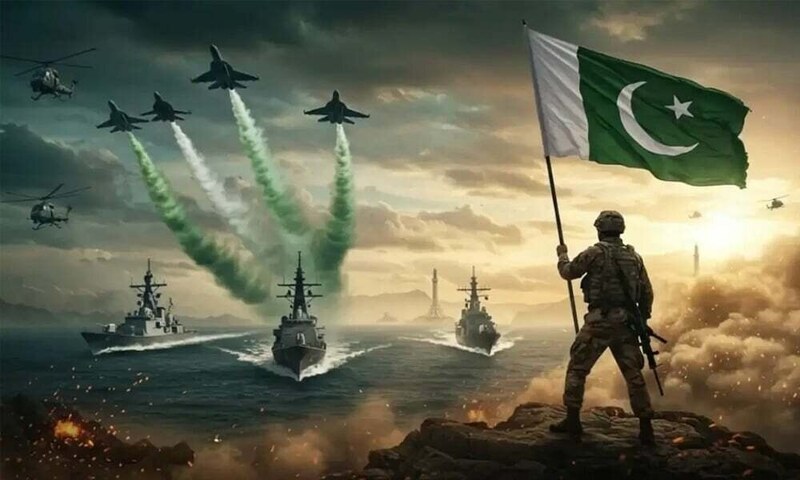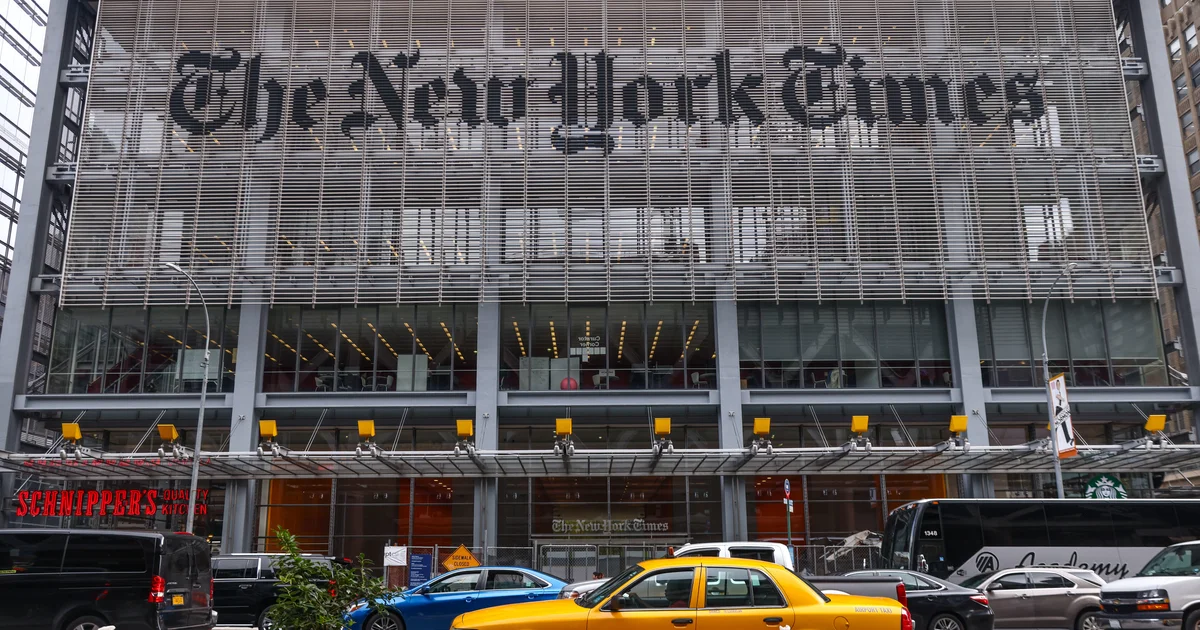By Saif Awan
Copyright brecorder

The global landscape has transformed for Pakistan following its victory over India. After securing a trade deal with the United States and a defence agreement with Saudi Arabia, Pakistan’s international position has strengthened dramatically.
These two achievements — the commercial understanding with the US and the defence pact with Saudi Arabia — are significant diplomatic wins credited largely to Prime Minister Shehbaz Sharif and Field Marshal Asim Munir. Foreign Minister Ishaq Dar also played a crucial role, defending Pakistan’s case with courage and resolve on the diplomatic front.
On 6 May, India launched an attack on Pakistan. The aggression continued for three days. On the morning of 10 May, within just four hours, Pakistan forced India to submit. Pakistan cleared up all previous misunderstandings between the two countries. In this conflict Pakistan made full use of its air force and cyber capabilities. This was one of the largest combined air-and-cyber campaigns in modern history. Pakistan won this war through sound strategy and, as many believe, divine assistance. The result of the conflict has completely altered Pakistan’s standing on the global stage.
After the war, Pakistan emerged in the eyes of the world as a powerful nation with a strong military. As days passed, international pathways opened up for Pakistan. Challenges that Pakistan had long faced on the world stage began to appear more navigable; Pakistan now walks those paths with pride and confidence. Countries that previously kept a wary distance — in the United States, Europe, and parts of the Middle East — began to view ties with Pakistan as a matter of honour and pride.
First, the trade deal with the United States was concluded, and then a defence agreement was signed with Saudi Arabia. These two milestones on the international front have substantially reshaped Pakistan’s regional position.
Where once only countries like China and Turkey stood steadfastly with Pakistan, now a respected nation such as Saudi Arabia will stand alongside it. That Saudi Arabia would help protect the Two Holy Mosques (Haramain Sharifain) is a particular honour for Pakistan, which, as the only Muslim country with nuclear capability, sees this as both a responsibility and a distinction. Protecting the sanctity of the holy places is a desire shared by Muslims worldwide, and many view the role entrusted to Pakistan as a blessing.
Those who wished to isolate Pakistan internationally — hoping to create situations like those seen in Sri Lanka, Bangladesh, or Nepal — are now facing humiliation and retreat. During the Pakistan–India conflict, a certain segment also propagated disinformation against Pakistan; their attempts have been exposed and discredited.
I recall that Prime Minister Shehbaz Sharif and Marriyum Aurangzeb once visited Saudi Arabia for an official visit. Upon arriving at the Prophet’s Mosque, some members of a group raised slogans against them.
The Saudi government took notice, arrested ten individuals, and sentenced them to six-year terms. Later, when Prime Minister Sharif met the Saudi Crown Prince, he recommended these Pakistanis be released, and they were freed on his intervention. Today, by God’s will, the same Shehbaz Sharif receives military-protocol reception for warplanes in Saudi Arabia.
Pakistan faces a major problem of terrorism, and the state has now decided to eliminate it. The government’s policy for eradicating terrorism is clear. The repatriation of Afghan refugees is part of that effort. Whether it is the sedition instigated by India or the fitna of extremists, removing these threats is now the state’s top priority. Afghan nationals have been found directly involved in several terrorist attacks in Pakistan; consequently, Pakistan has decided on an indiscriminate return of Afghan refugees.
Afghanistan itself will now need to reassess its policies. The current interim Afghan administration is not yet recognised by the world; Pakistan — as a neighbouring country that has repeatedly supported Afghanistan in difficult times — has played a major role in the region. Afghanistan’s interim leaders understand that, without Pakistan’s cooperation, their international relevance is limited.
Prime Minister Shehbaz Sharif has made it clear that Afghanistan’s interim government must choose whether to align with external forces or to maintain good relations with Pakistan.
In the past, U.S. policy toward Pakistan was often strict, but after this war the U.S. is taking a tougher stance against India and is adopting a more accommodating approach toward Pakistan. On multiple occasions, U.S. leaders have praised Pakistan’s leadership. This represents a success for Pakistan’s foreign policy.
Today, Pakistan is achieving the stature it was meant to have among nations. The forces that have tried to weaken Pakistan are steadily retreating, and the country is advancing day by day toward new milestones of progress. Pakistan has decided to leave its troubled past behind and move forward.
The current leadership’s policies are clear and uncompromising: Pakistan will no longer ask the world for aid; it will trade and engage as an equal.
A nation that defeated a rival five times its size should not extend a hand in supplication on the world stage. From now on, Pakistan must hold its head high. Its future is bright, with many opportunities ahead — though those opportunities require sustained, strong continuity. Those who attempt to sow discord will once again be humbled, for there is little room left in Pakistan for negative thinking or those who undermine the nation’s progress.
Copyright Business Recorder, 2025



